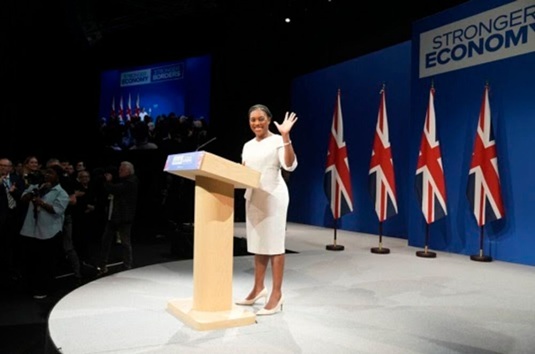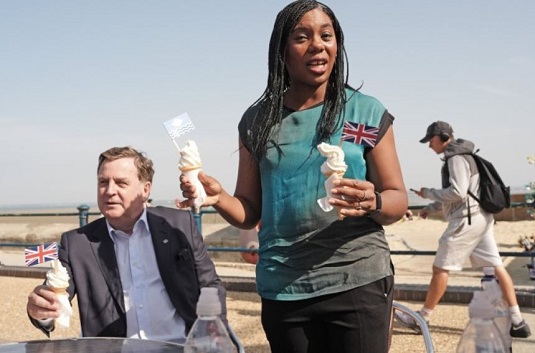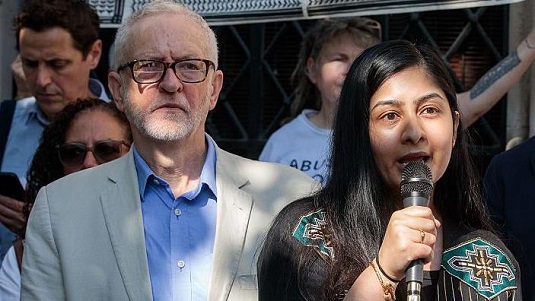
Luckily, if you're one of the few people that have wondered about whatever happened to the Tory party, I sat down with Alex of Politics Theory Other fame to discuss all things Conservative. I guarantee it's more informative and entertaining than any amount of conference and fringe events that have streamed this week.



